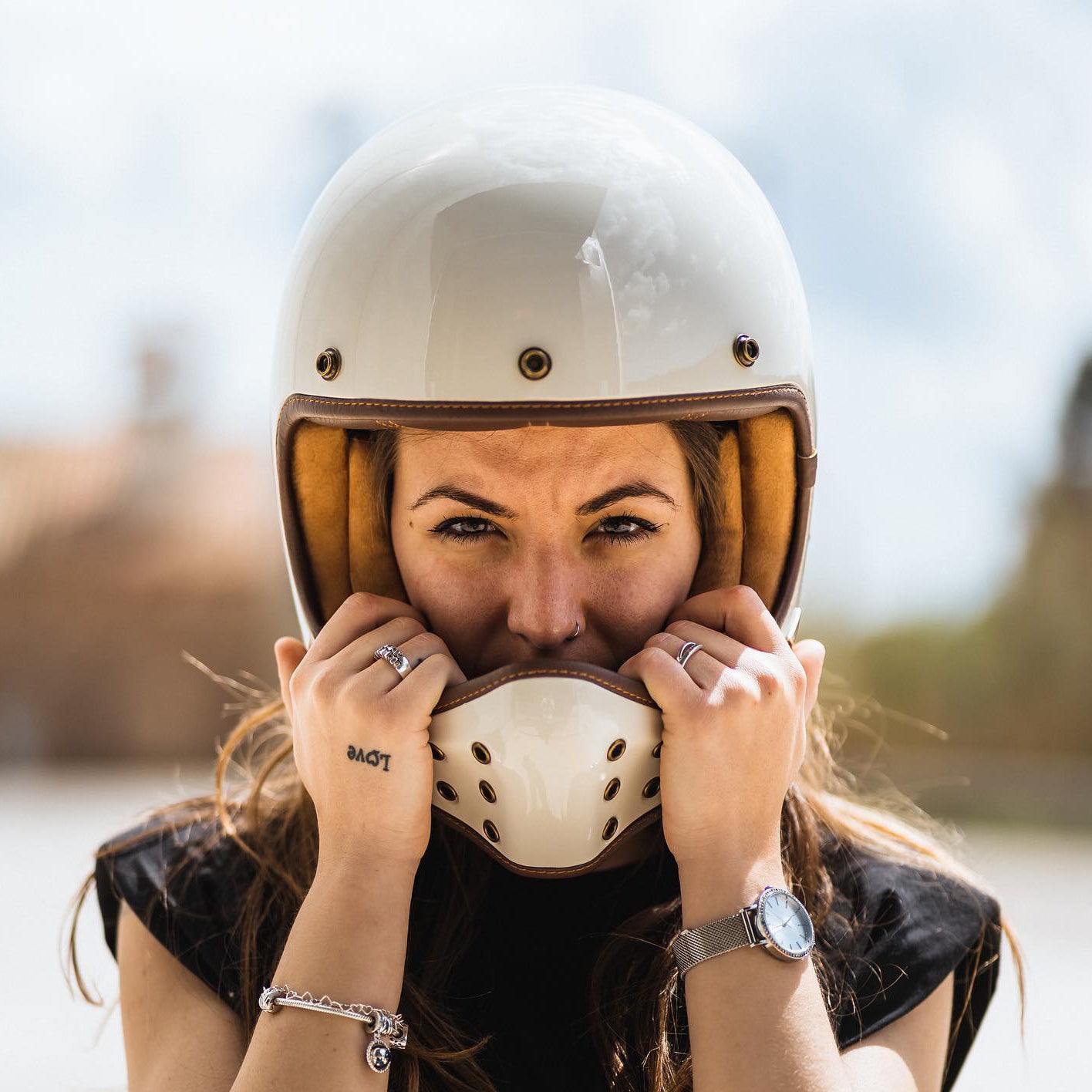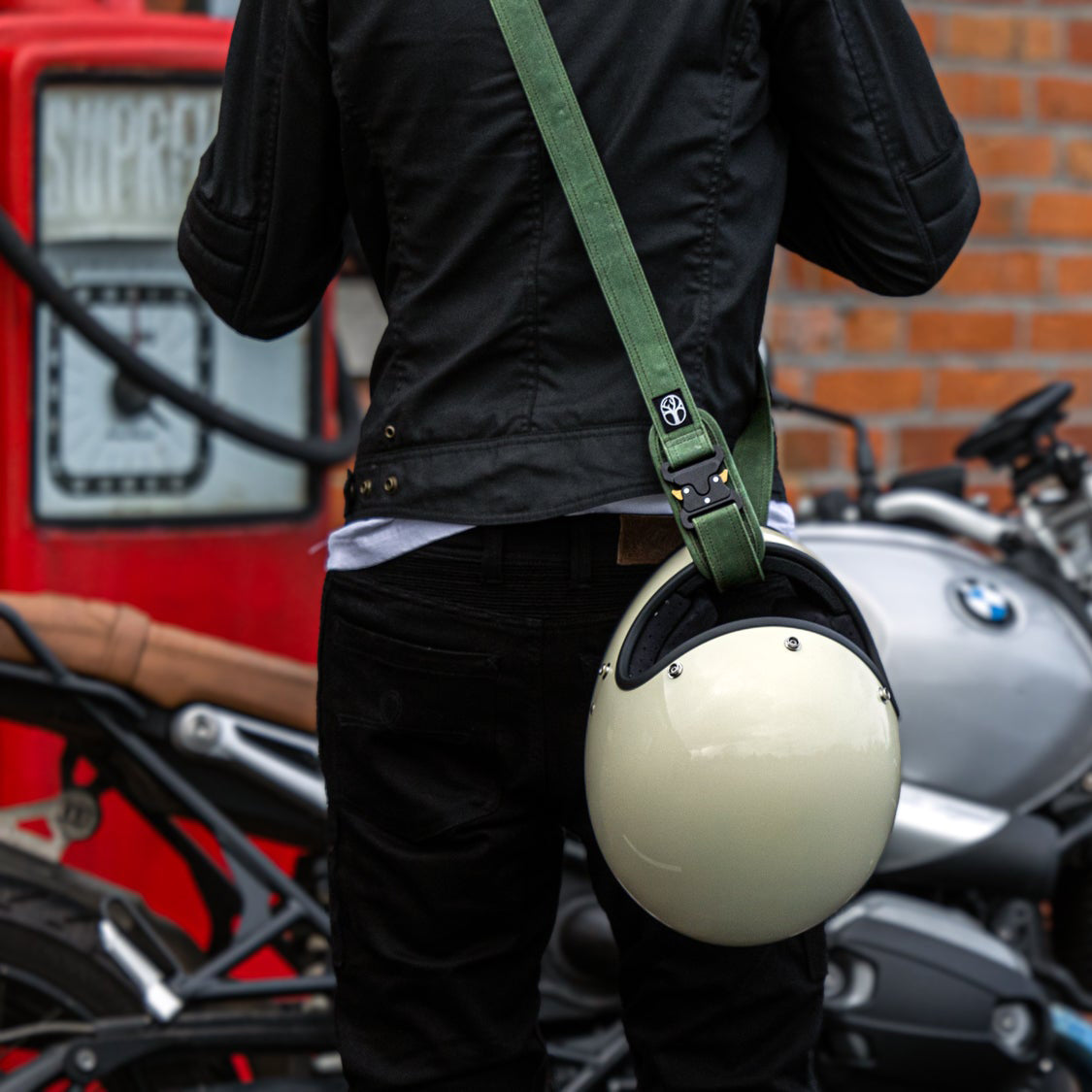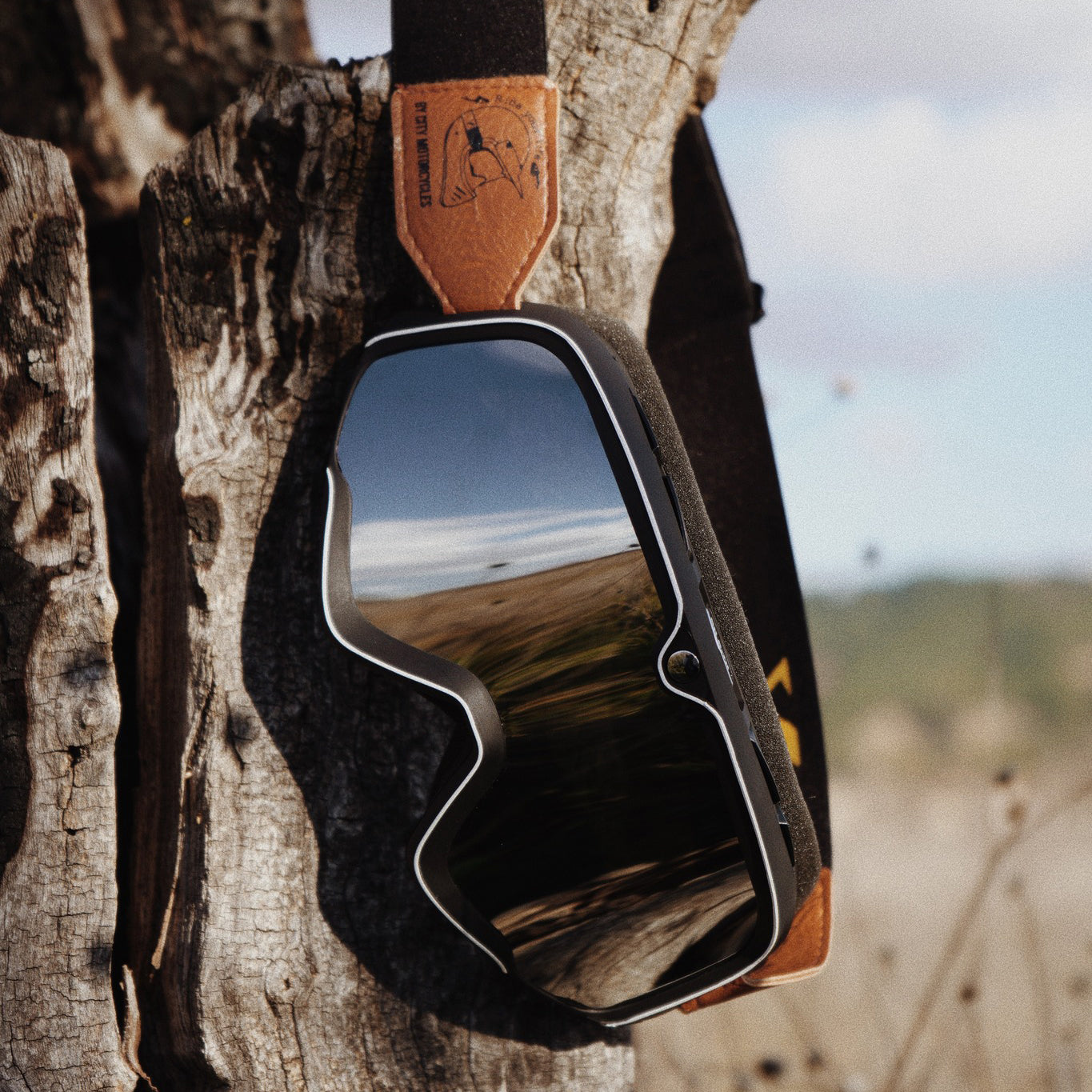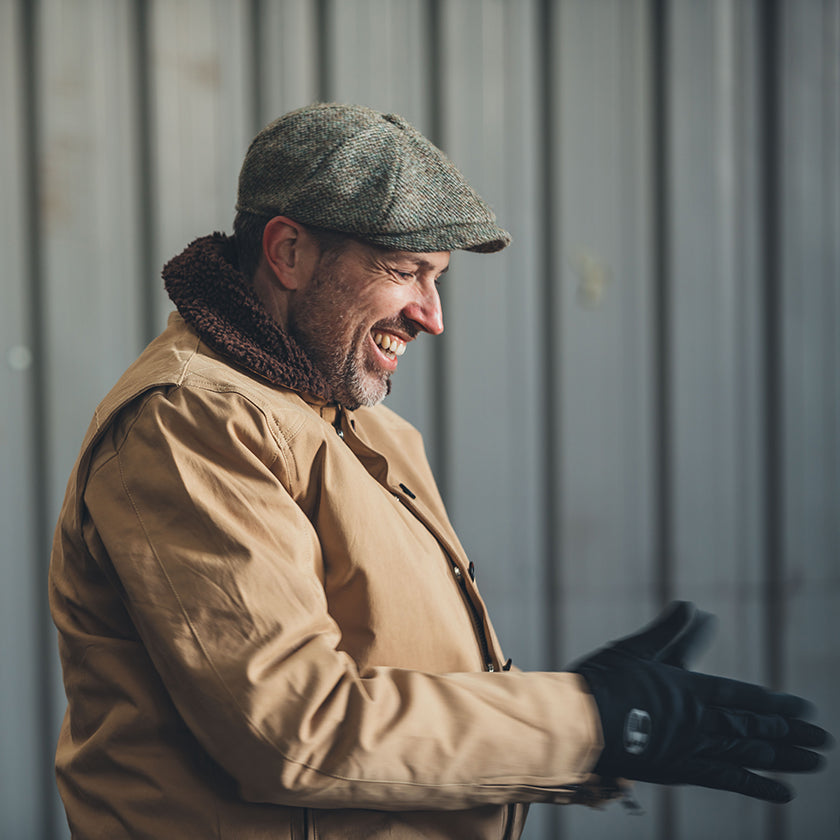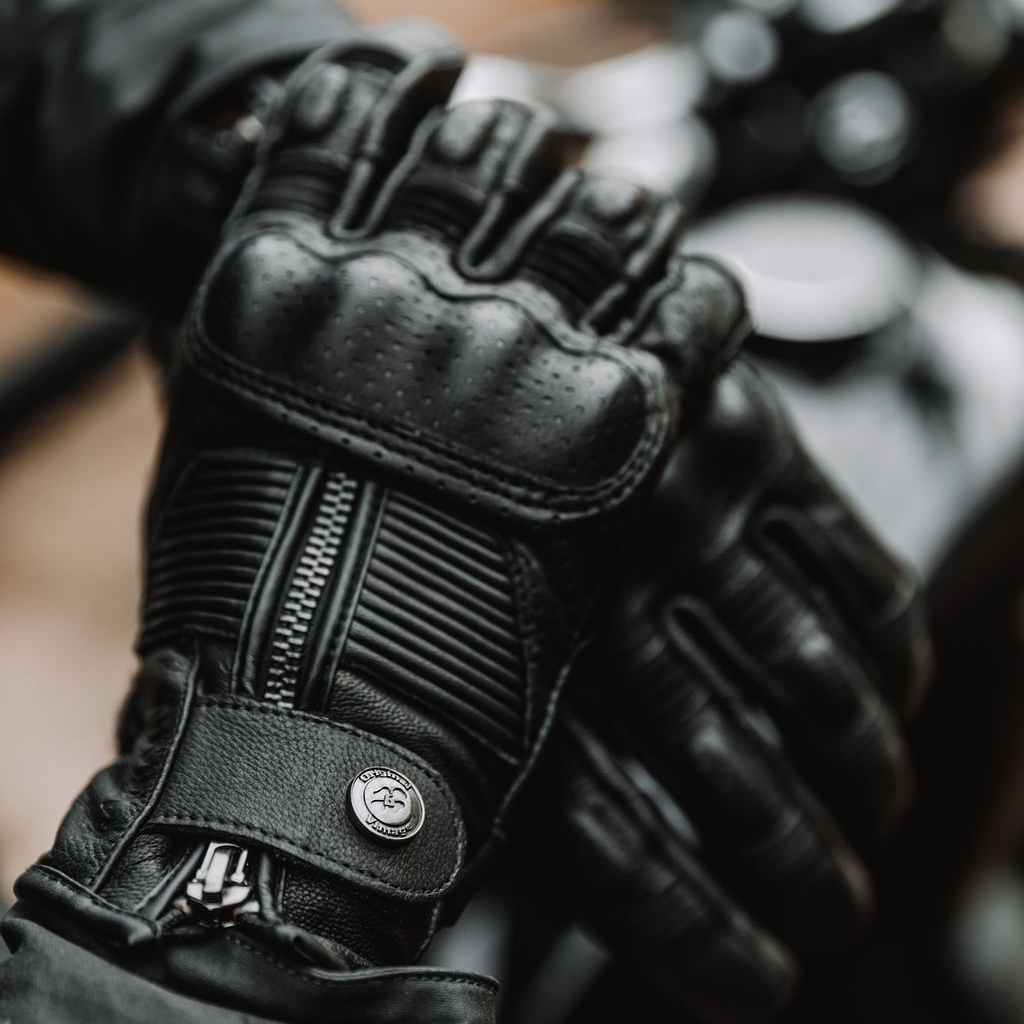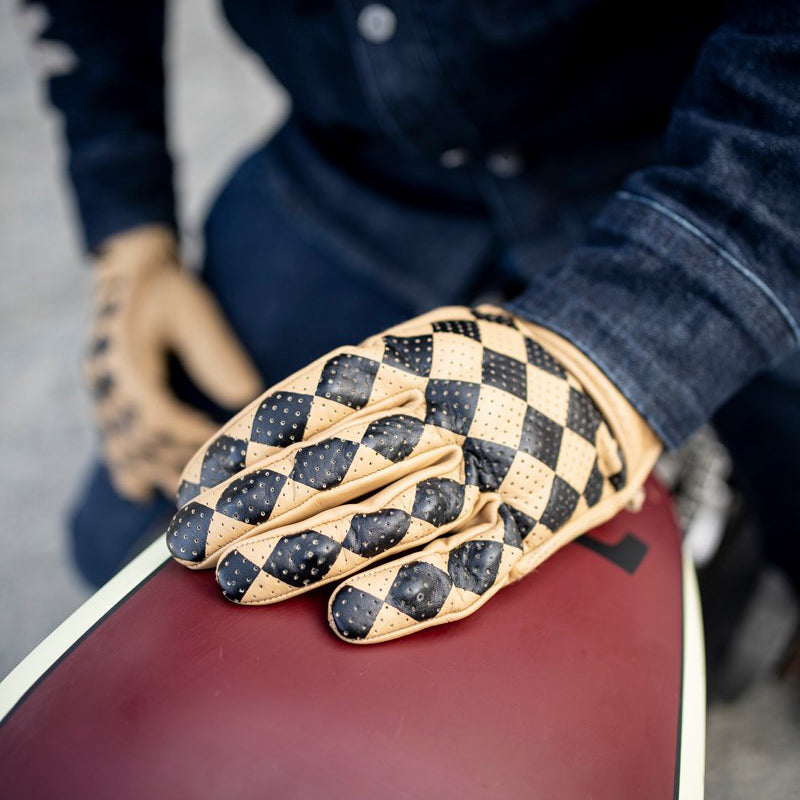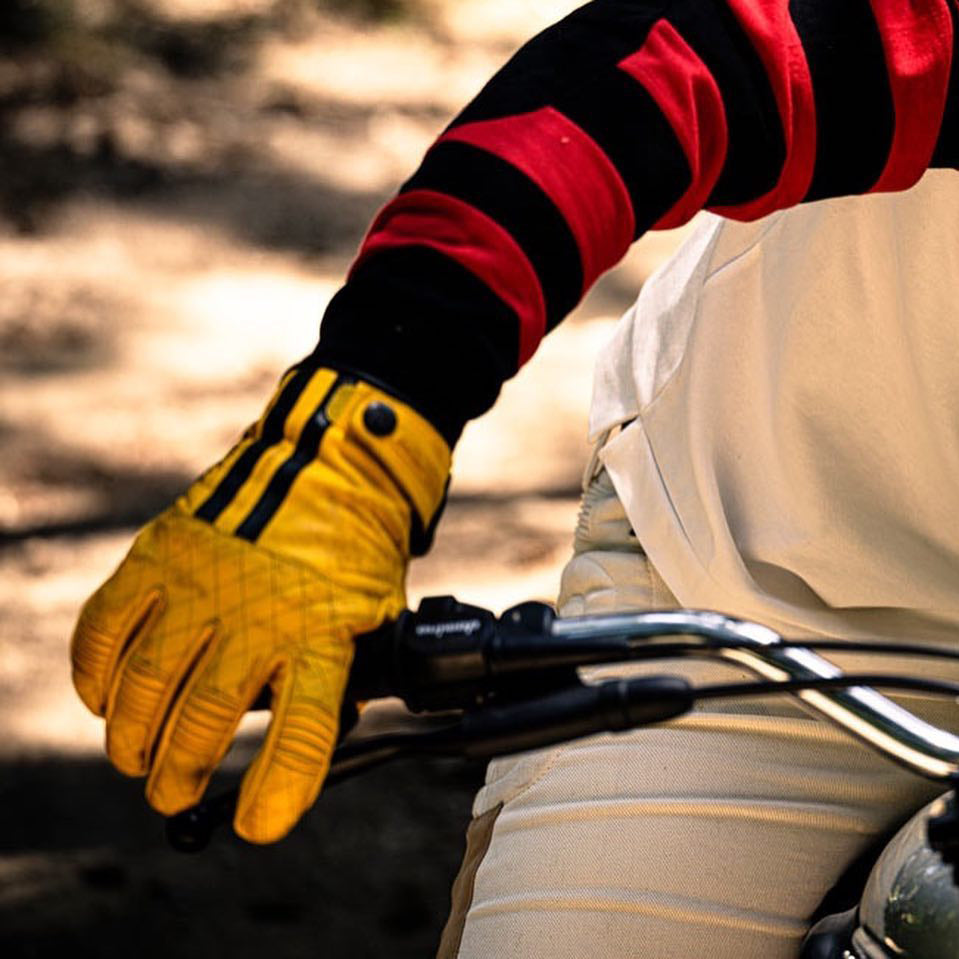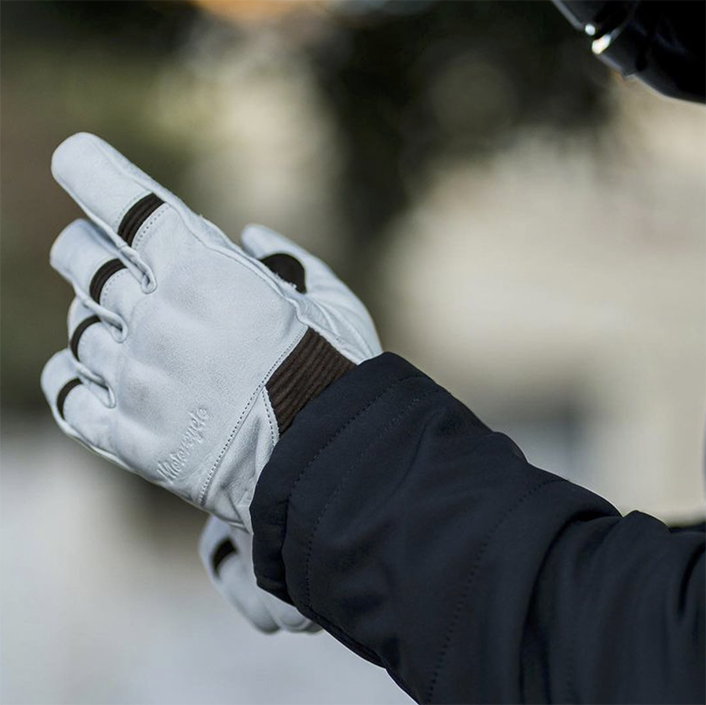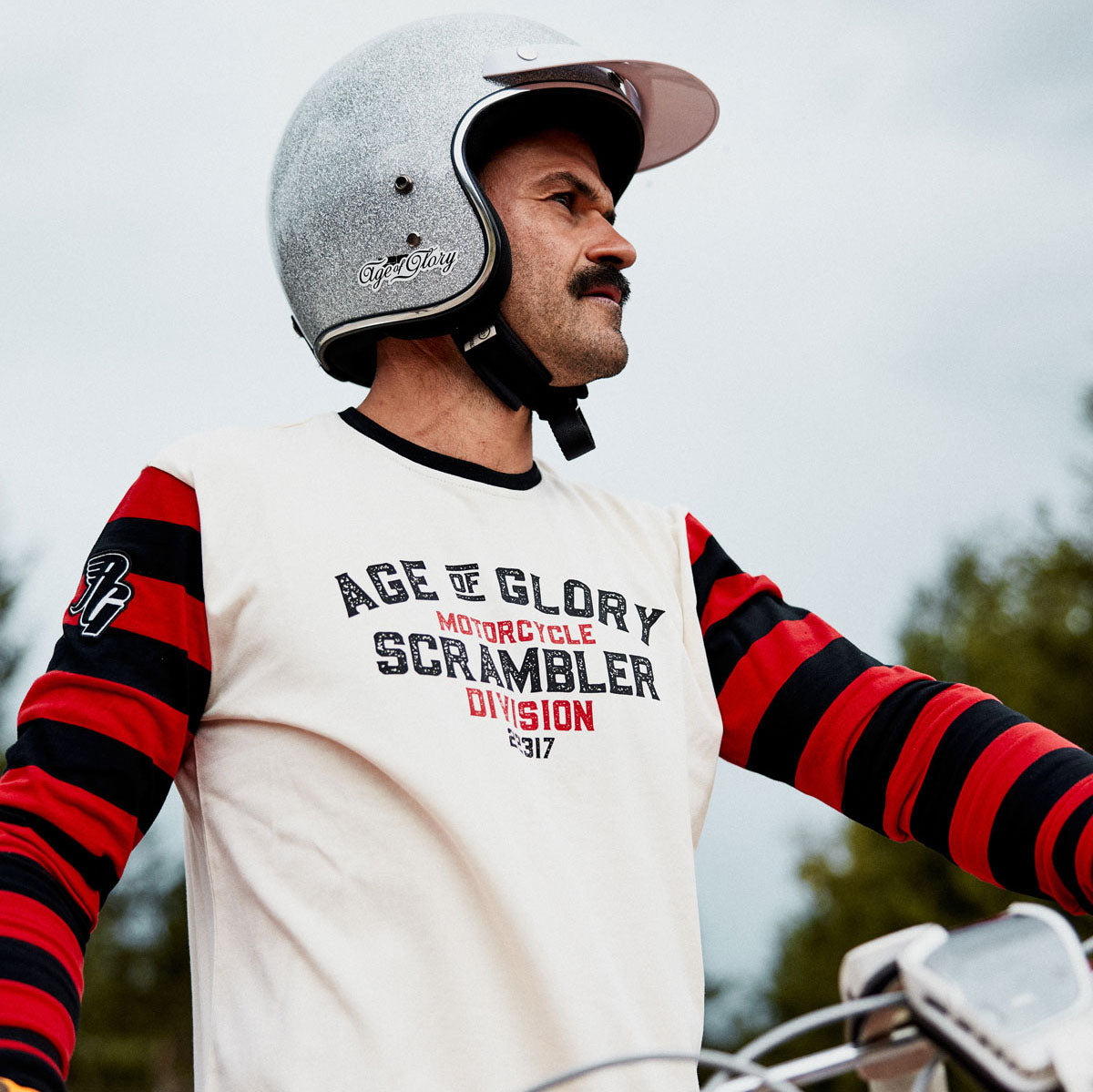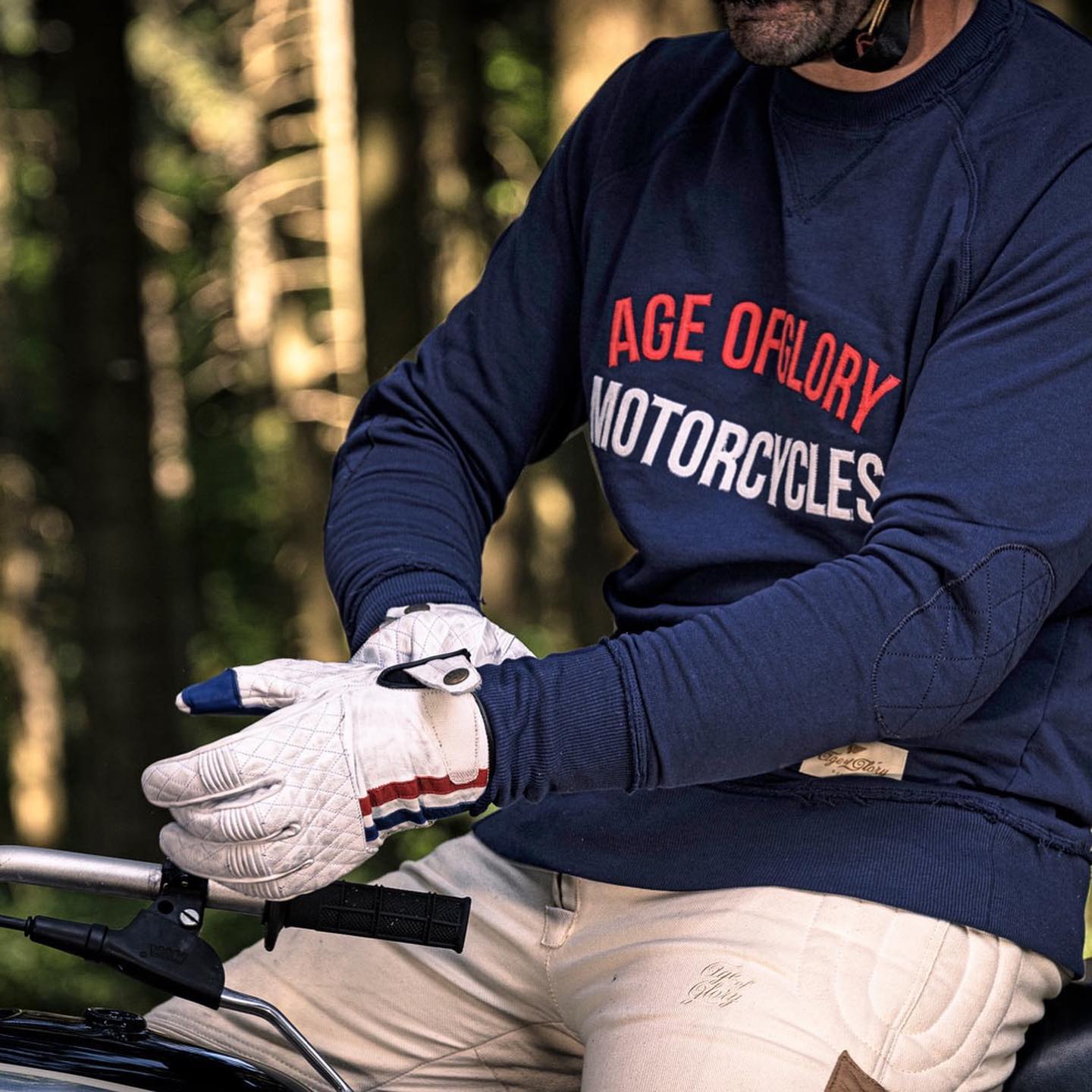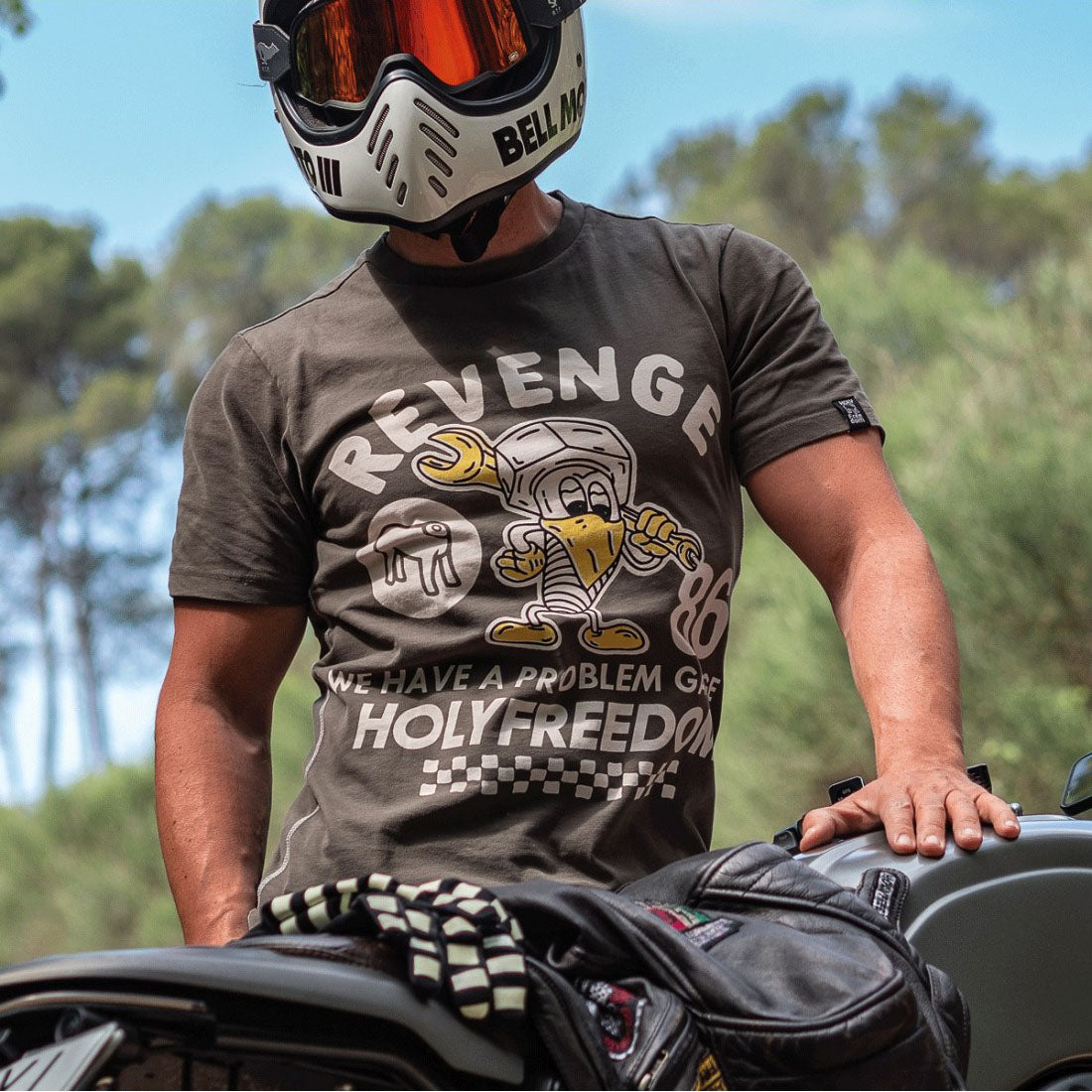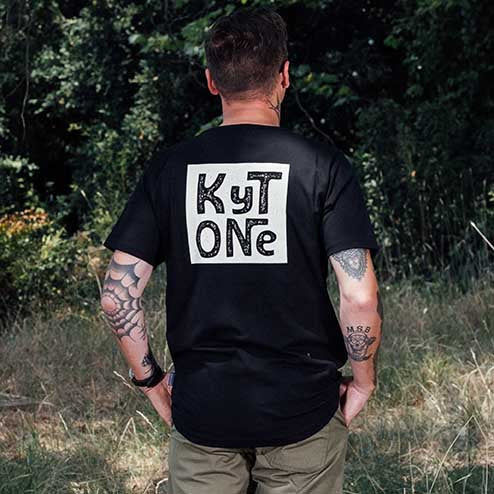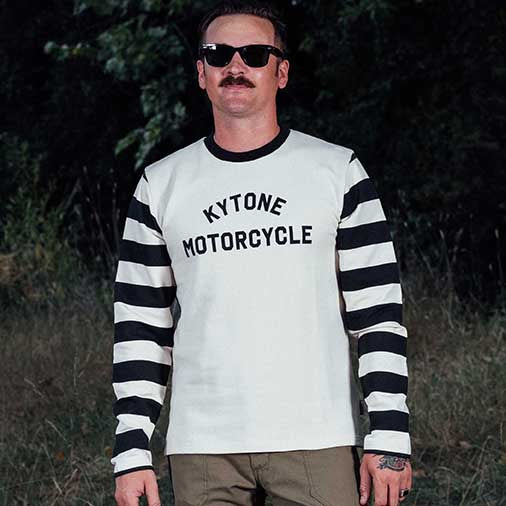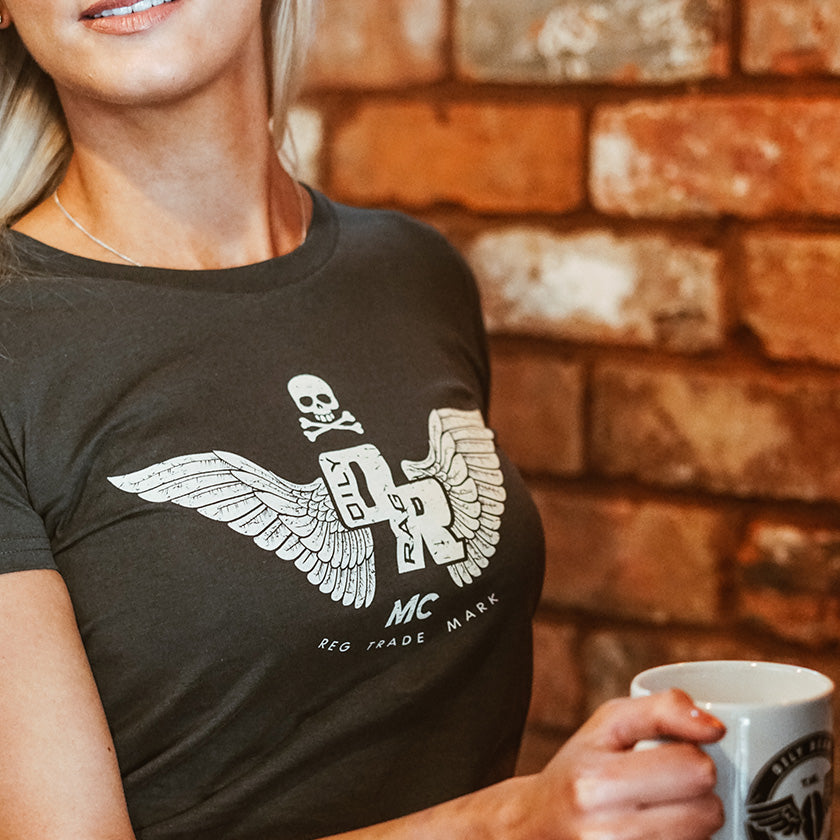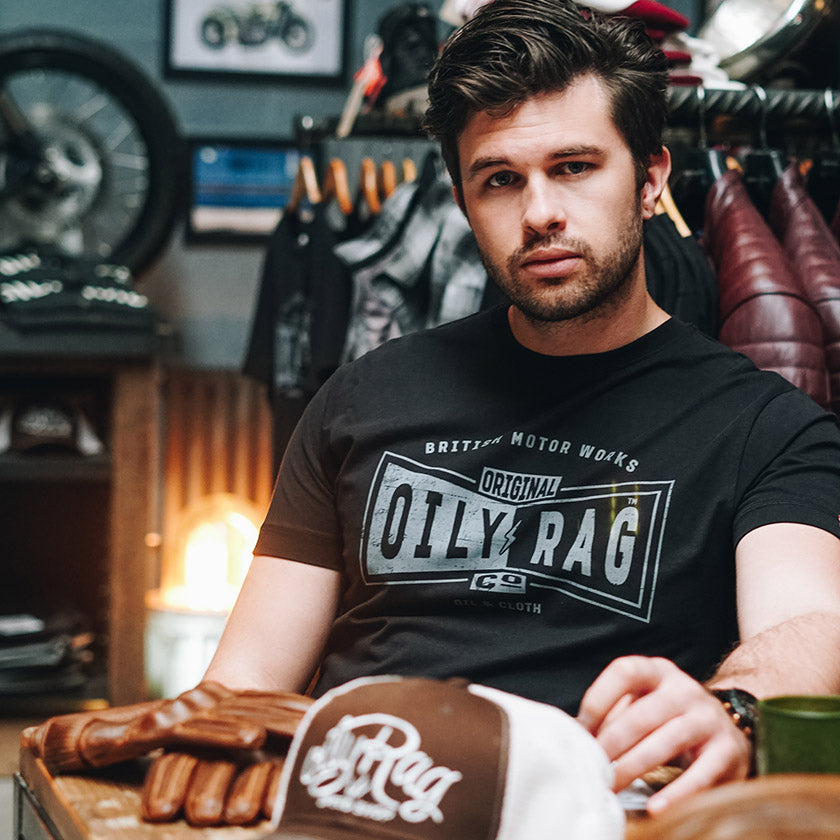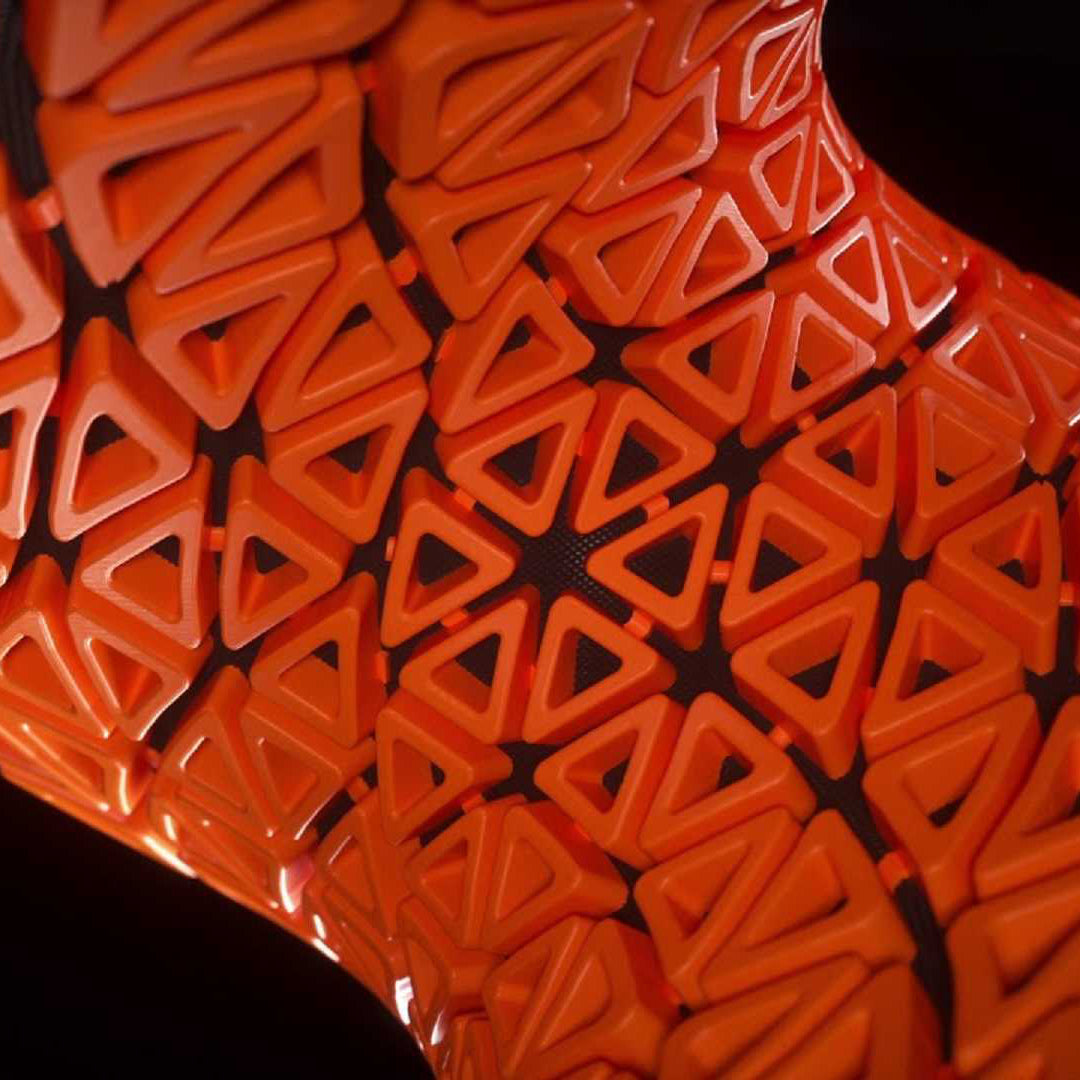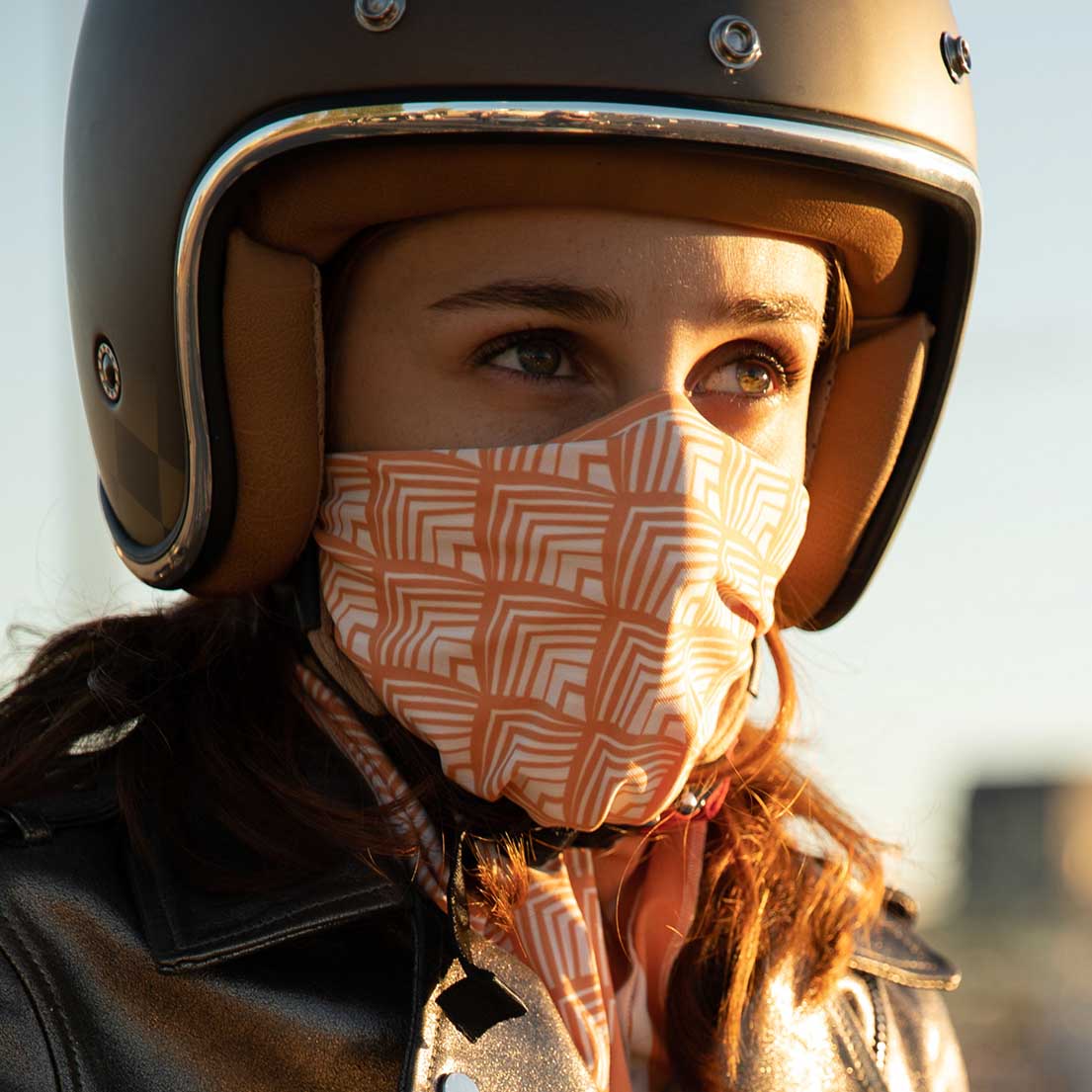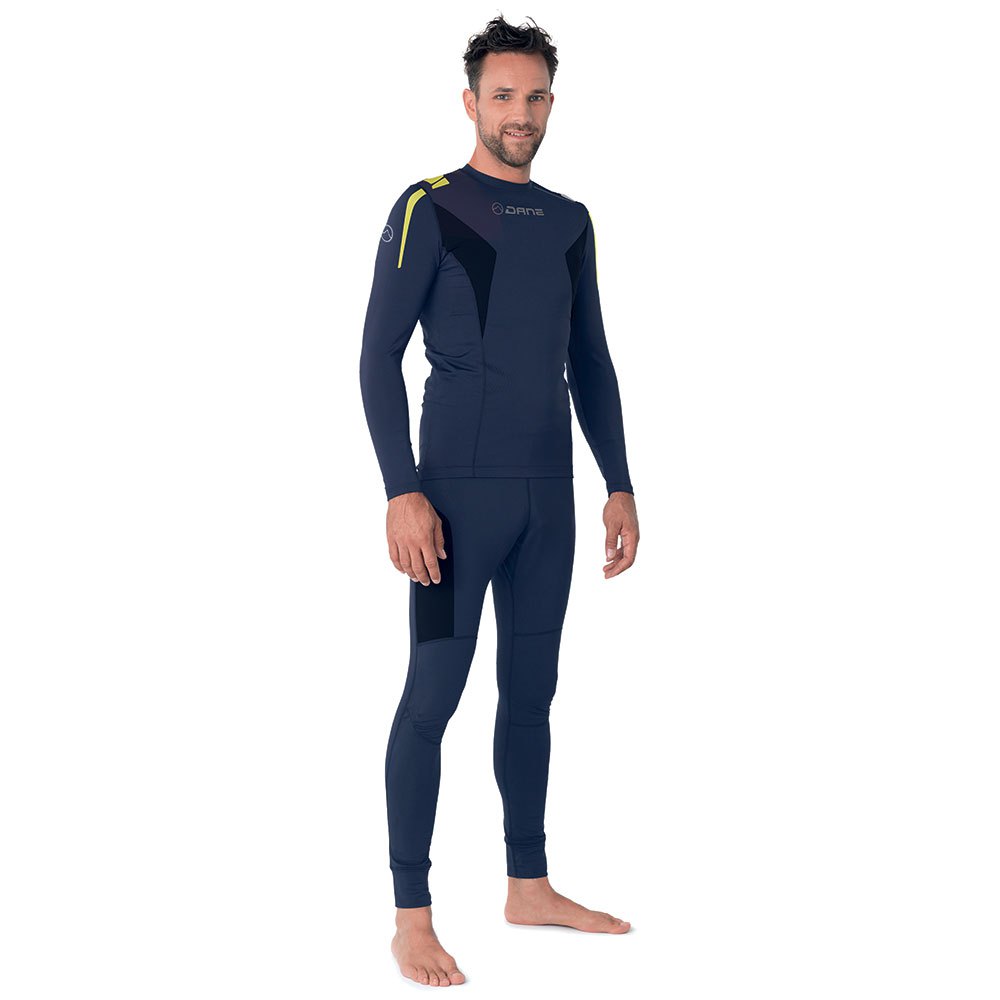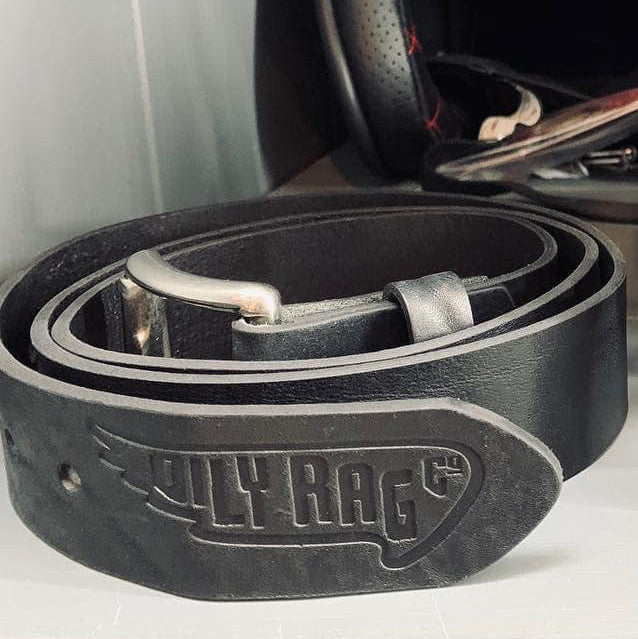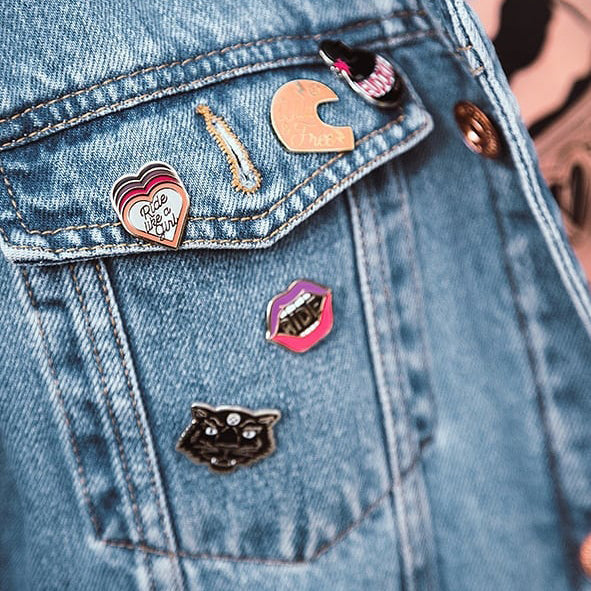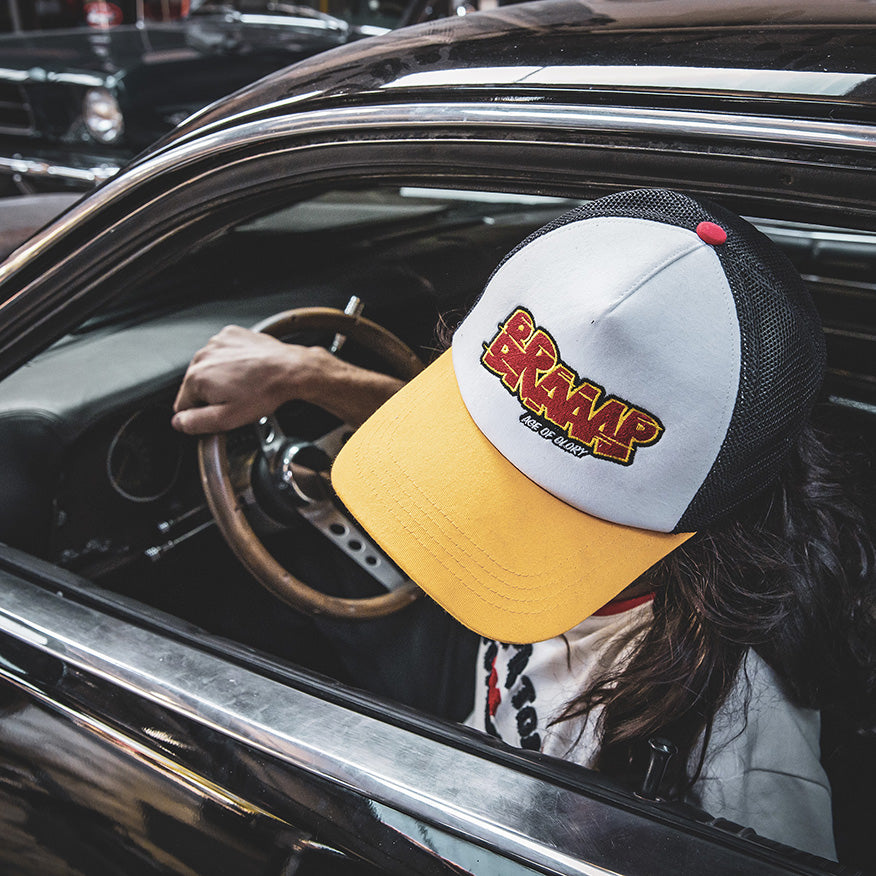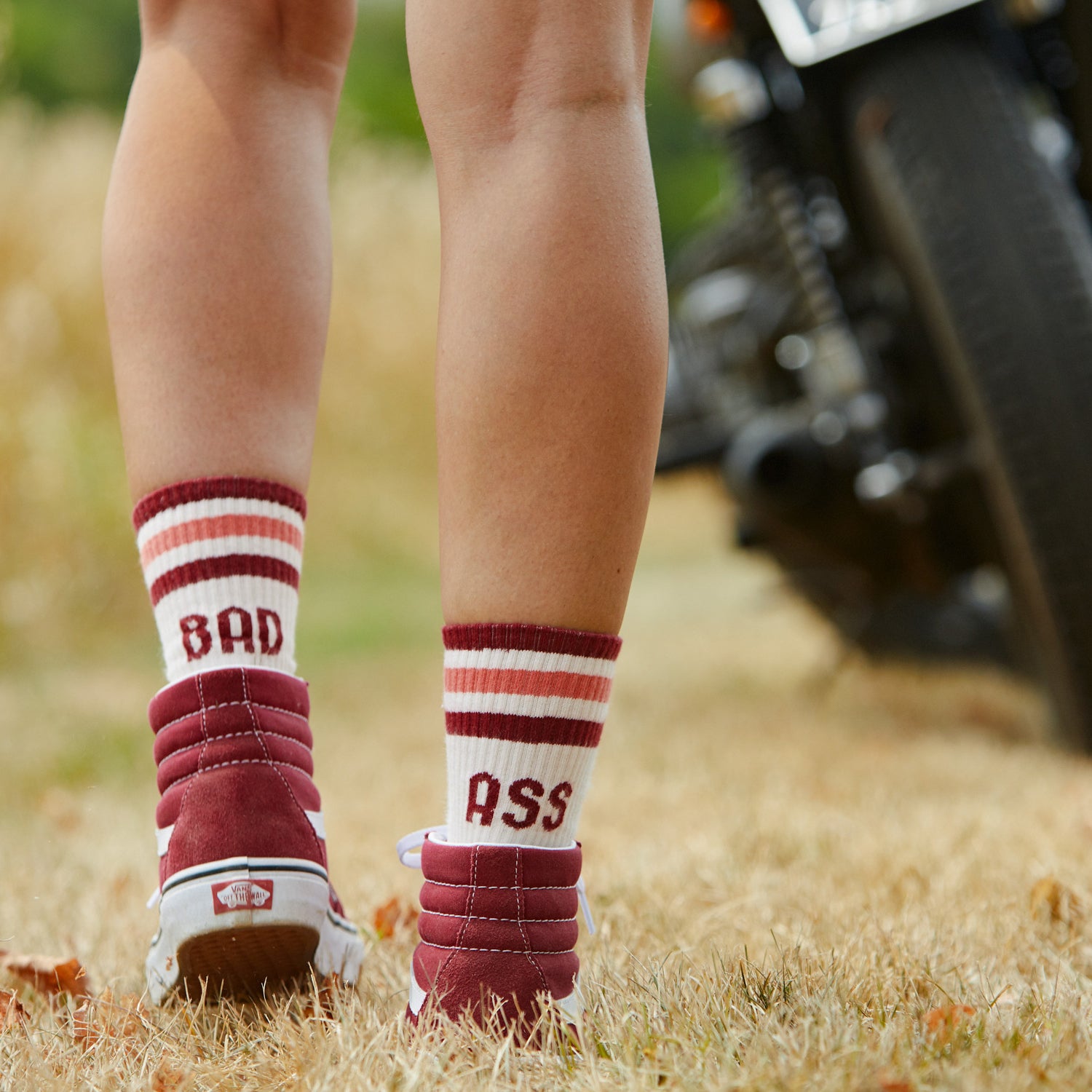Your Cart is Empty
Menu
-
- NEW IN STORE!
- SALE
- Valentines Gift Guides
- Helmets
- Rider Clothing
- Gloves
- Footwear
- Casual Wear
- Accessories
- Jewellery
- Gift Card
- Brands
- Age of Glory
- Belstaff
- Black Arrow
- Black Pearl Creations
- Bowtex
- By-City
- Dane Clothing
- DMD
- D3O
- Ethen Goggles
- Eudoxie
- Fuel Motorcycles
- Garibaldi
- Gassed Rat
- Hedon
- Holy Freedom
- Kytone
- MacLeod Motor Co
- Merla Moto - Blackbird Motorcycle Wear
- Oily Rag Clothing
- Origine
- Pando Moto
- Pike Brothers
- Qwart
- Racer Gloves
- Rare Bird London
- Resurgence Gear
- Riding Culture
- Rokker
- Roland Sands Design
- Silk Road
- Stylmartin
- Wentworth
- Wheels and Waves
- Wildust Sisters
- Delivery & Returns
- Product Reviews
- Wokingham Store
-
- +44 203 318 5014
- Login
-
English
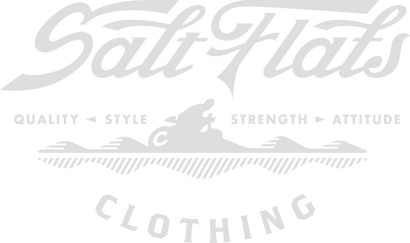
Helmets
Rider Clothing
Casual Wear
Accessories
A Biker’s Guide to Buying what we call ‘Kevlar’ Jeans - Part 1 of 2
May 24, 2016 4 min read
I often get asked what the differences are between what we call ‘Kevlar’ motorbike jeans, why some are so much more expensive than others and how do you tell which are any good. So I thought I would share the results of my research here for you guys.
For many years I rode sports bikes wearing leathers, then I jumped on a Norton Café Racer, you can see it at the bottom of our home page, and one sunny afternoon blasting over to H Café near Oxford, I felt distinctly out of place wearing my trusty leathers on it. That started me thinking of alternatives, but I didn’t want to comprise on the protection leather afforded me though, having relied on it with a couple of tumbles.
A bit of internet searching later and a video clip of the CEO of Draggin Jeans, Grant Mackintosh, being dragged behind a bike wearing a pair of Kevlar lined jeans, and that was it jeans were the way forward offering similar protection letting me look more normal and less ninja turtle like.
Today there are around 120 companies making what we have called ‘Kevlar’ motorcycle jeans, some use Kevlar, but now some use other advanced materials such as PEKEV, Covec, Dyneema or even Kevlar blended with Dyneema, with outstanding protection results.
DuPont, which owns Kevlar, has also become concerned about the way their brand is bandied about for motorcycle protective jeans. An article back in April’s edition of the UK’s MCN newspaper reported DuPont changing its licencing structure, manufacturers not compliant with it have since had to remove the Kevlar brand from their products. They found some of them were using what is best described as watered down versions of Kevlar, with limited protective qualities, and therefore wanted to distance their brand from something that potentially will not perform in protecting the rider during an accident. Evidence of which has been seen at the recent motorcycle shows EICMA in Milan and Motorcycle Live at the NEC, where tags and products were removed from display and sale.

So how do you tell a good pair?
In Europe we are lucky, a standard for testing the effectiveness of motorcycle clothing exists. The CE testing and certification scheme falls under the Personal and Protective Equipment (PPE) directive, and has been around since the early 90’s. Motorcycle clothing’s inclusion in it was to cover the bike racing profession.
Most people are familiar with the CE certified body armour standard, EN1621-1, but few with the clothing EN13595-1 standard. Initially used for testing leather and textile suits ability to protect during an accident, but today some manufacturers are leading the way with CE certifying motorcycle jeans to it too.
What this means is that they are subject to a number of tests, the same as leather suits, designed to mimic the degradation that occurs to clothing during an accident. There are three key elements:
- Abrasion resistance, how long before a slide down the road wears through the garment, the key measure.
- Seam burst, how much pressure will the construction of the garment stand before it falls to pieces.
- Impact cut, how easy is the garment to be cut by sharp objects that could impale the body.
Things, like the innocuousness of the dies and allergic reaction of the metals used, are also tested, along with the design of the garment. Jeans need to have an ankle restraint system, typically a stirrup, to prevent the jean riding up the bikers leg and exposing the leg to the road during an accident. Any lining material needs to be free to move of the side seams, so if the jeans twist during an accident it doesn’t cause a secondary injury of friction burns.
Each of the key elements has a minimum measurement to achieve for conformance to the standard, called Level 1, a higher measurement, for advanced products, can be achieved and awarded with a higher rating, called Level 2. For jeans the key measure for Level 1 is 4 seconds of abrasion resistance, and level 2 is 7 seconds. Very few motorcycle jeans have achieved either! Most leather suits achieve Level 1, some race suits achieve Level 2.
The current list of motorbike jeans, I am aware of, that achieve CE EN13595-1 Certification are:
- Resurgence Gear Voyager PEKEV – with 10.83 seconds abrasion resistance
- Bull-IT Covec VoloCE – with 7.97 seconds abrasion resistance
- Draggin Kevlar/Dyneema Holeshot – with 7.46 seconds abrasion resistance
- Draggin Kevlar C-Evo – with 4.4 seconds abrasion resistance
Point of sale material used by Draggin Jeans in the UK suggests abrasion testing results of many brands is under 2 seconds, some barely scraping over 1 second, only just higher than regular non protective jeans at just under 1 second, and none CE tested or certified.
Longer the abrasion time less the risk the jeans wear through to the skin.
Statics from accidents do show injuries from impact, kneecaps on kerbstones for example, are more prevalent than from abrasion, or road rash though. A good pair of jeans not only has pockets for knee and hip armour, but is also supplied with CE EN1621-1 or 2 certified armour, to the knee and hips, preferably.
After all we purchase protective motorcycle jeans to protect us during an accident, why not make sure they are fit for the job? Today there is only CE testing to provide empirical evidence to the manufacturers claims, we should take note of it.
To be continued..........
Leave a comment
Comments will be approved before showing up.
Subscribe
Sign up to get the latest on sales, new releases and more …
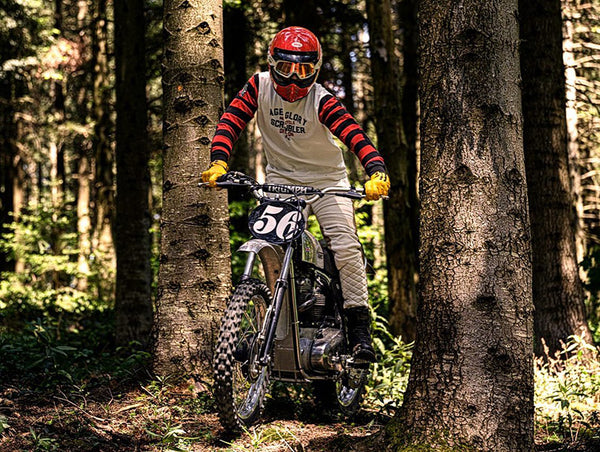
Keep in touch 🥳
Be the first to hear about our offers, new products and upcoming loyalty scheme.
